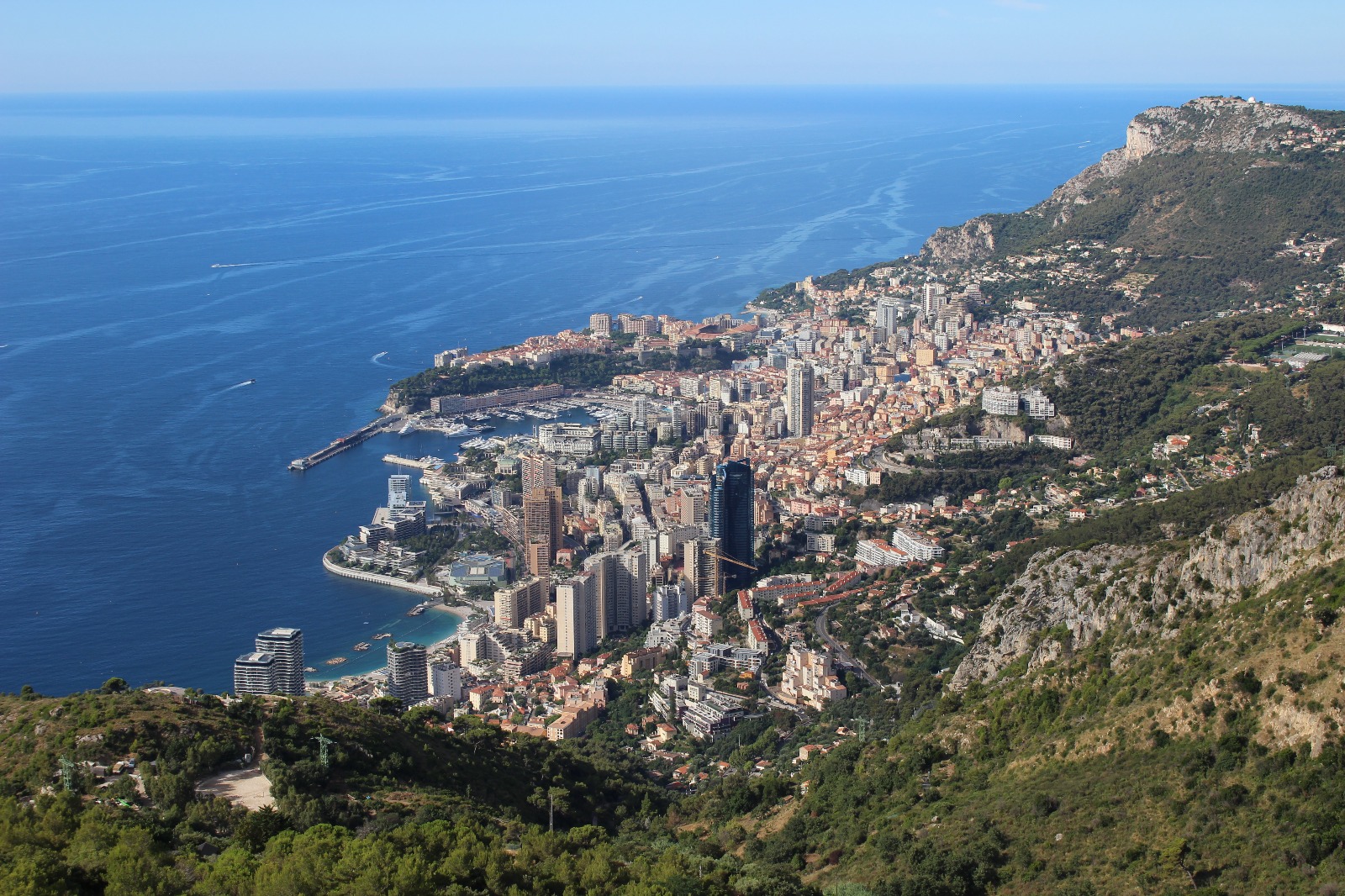The Monaco Government has formally confirmed that it will not move forward with the National Council’s proposed legislation to legalise abortion, reiterating the position expressed by Prince Albert II earlier this month and drawing a firm line under one of the most widely discussed political issues of the year.
The announcement came during a public session of the National Council on 26th November, when Minister of State Christophe Mirmand delivered a detailed statement explaining why Proposition de loi n°267 — adopted by the Council on 15th May — will not be transformed into a government bill.
The decision follows the Prince’s interview with Monaco-Matin, during which he confirmed that he would not promulgate the legislation. His comments quickly made headlines around the world, as Monaco’s abortion framework remains one of the most restrictive in Europe.
“The Prince asked the government to formally notify the Council that the bill will not be promulgated,” Christophe Mirmand told elected officials, confirming the head of state’s instruction.
“A question of identity, values and constitutional balance”
In a lengthy address, the Minister of State said that the bill had been examined “with the greatest attention — and even with gravity”, given that it touches on “our identity, our shared values, and our conception of solidarity”.
Central to the government’s position is Article 9 of the Constitution, which establishes Catholicism as the state religion. Mirmand described Monaco’s Catholic identity as “an essential component” of its history and sovereignty dating back to the 13th century — a constitutional foundation the government considers non-negotiable.
“This religious and even spiritual dimension is not a secondary element that can be removed with the stroke of a pen,” he said, calling it part of the “collective equilibrium” that has shaped the Principality.
Why the bill cannot move forward
The Minister cited the opinion of the Comité Supérieur d’Études Juridiques, which found that the Council’s proposal would amount to recognising a legal right to abortion, a concept incompatible with the current penal framework and with constitutional obligations requiring consideration of Catholic principles, including “the protection of life from conception”.
He reminded the Council that Monaco has already enacted significant reforms in 2009 and 2019, which, he said, already represent “the furthest the Constitution allows”, a conclusion previously acknowledged by both the Government and the National Council.
Support for women, but within existing limits
Mirmand said that although the Government will not legalise abortion, it plans to expand support services for women. A new sexual‑health roadmap is being prepared, with increased information on contraception and free, anonymous gynaecological consultations for minors and women up to 21. He described the measures as a way to provide practical help “without altering the constitutional balance.”
A “difficult but necessary” decision
Mirmand acknowledged that not supporting the bill had been “a difficult decision to take”, but insisted that the reasons were essential for preserving Monaco’s institutional foundations.
“Respectful of our Constitution, we wish not to call into question the great balances that underpin our political and social model,” he concluded. “We will continue to work together so that Monaco advances on the path of progress, justice and equality.”
Stay updated with Monaco Life: sign up for our free newsletter, catch our podcast on Spotify, and follow us across Facebook, Instagram, LinkedIn, and Tik Tok.
